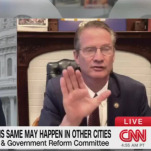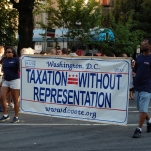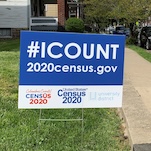Half of young people believe gender isn't limited to male and female
Half of all Millennials believe that gender exists on a spectrum, and shouldn’t be limited to the categories of male and female, according to Fusion’s Massive Millennial Poll, which surveyed 1,000 people aged 18-34 about everything from politics to dating to race issues.
The findings suggest young people are moving away from a binary conception of gender, a major shift from previous generations. (For full results and methodology, click here.)
Some subsets of Millennials are even more progressive on the issue: 57 percent of female Millennials believe that gender falls on a spectrum, according to the poll, compared with 44 percent of men. And Millennials in the Northeast were even more likely to say so, at 58 percent. (In the South, that number fell to 42 percent.)
-

-

-

-

-

-

-

-

-

-

-

-

-

-

-

-

-

-

-

-

-

-

-

-

-

-

-

-

-

-

-

-

-

-

-

-

-

-

-

-

-

-

-

-

-

-

-

-

-

-

-

-

-

-

-

-

-

-

-

-

-

-

-

-

-

-

-

-

-

-

-

-

-

-

-

-

-

-

-

-

-

-

-

-

-

-

-

-

-

-

-

-

-

-

-

-

-

-

-

-

-

-

-

-

-

-

-

-









































































































